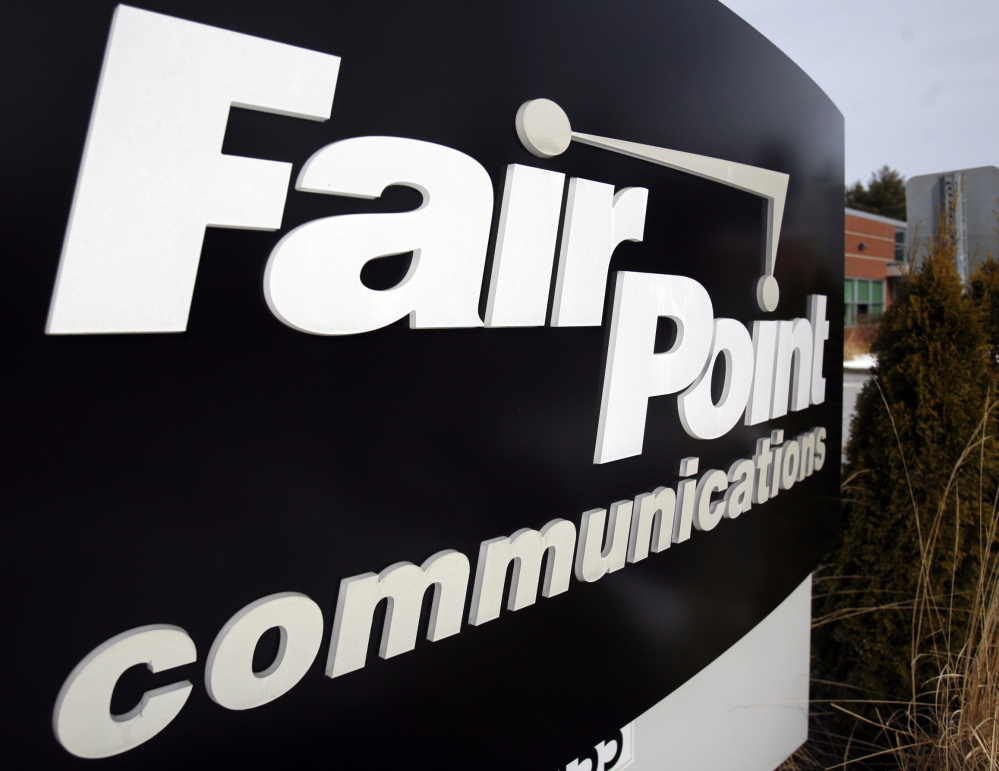It may be hard to believe in a time of smartphones, satellites and Skype, but for affordable basic phone service, 29,000 people in Maine have just one option: FairPoint Communications.
FairPoint has to offer local landline service to all Mainers. With more people turning to cellphones and Internet-based phones, though, FairPoint’s landline revenue has dropped. So for the first time, the company wants $67 million from a state fund now used to support small phone companies.
FairPoint may need some support in order to serve high-cost rural areas, but there’s reason for skepticism over its request: The company is heavily leveraged and has been through bankruptcy. Legislators have done the right thing by putting the rate hike on hold and giving state regulators time to gather the information needed to make a decision that serves Mainers’ best interests.
To stay solvent as it tries to meet the basic service mandate, Fairfield would like access to the Maine Universal Service Fund, which collects a monthly fee on every phone in use – cell, landline or Internet – in the state. If FairPoint gets the subsidy, everyone in Maine would see an increase in their phone bill: $3 for landline users and $5 for the average cellphone customer.
Despite telecommunications advances, universal landline service is not a relic. Available options are unreliable, expensive (due to the cost of equipment and monthly service) or both. Cellphones often don’t work in remote areas. Satellite service also can be undependable (signal delays can make it hard to have a smooth voice conversation) and requires a computer or a WiFi router. Internet calling requires broadband service and a computer.
And this doesn’t even take account the possibility of losing critical seconds in 911 response time from a wireless phone. According to a recently released 50-state survey, “most dispatchers have difficulty locating wireless callers through the location information provided by the carriers.”
So it’s in the public interest that everyone have access to local landline service. But FairPoint doesn’t have a history of solid accounting practices: The company borrowed a lot of money to buy Verizon’s New England operations in 2008, then declared bankruptcy two years later. Legislators rightly have been concerned that the company would funnel the subsidy to its investors instead of using it to support Maine’s network.
Legislators have pressed the pause button on FairPoint’s subsidy request, overriding Gov. LePage’s veto of a bill calling for greater scrutiny of the proposed rate hike. Now the Public Utilities Commission has breathing room to craft policy on basic service – and to keep thousands of vulnerable Mainers from falling through the cracks of today’s telecommunications system.
Send questions/comments to the editors.



Success. Please wait for the page to reload. If the page does not reload within 5 seconds, please refresh the page.
Enter your email and password to access comments.
Hi, to comment on stories you must . This profile is in addition to your subscription and website login.
Already have a commenting profile? .
Invalid username/password.
Please check your email to confirm and complete your registration.
Only subscribers are eligible to post comments. Please subscribe or login first for digital access. Here’s why.
Use the form below to reset your password. When you've submitted your account email, we will send an email with a reset code.